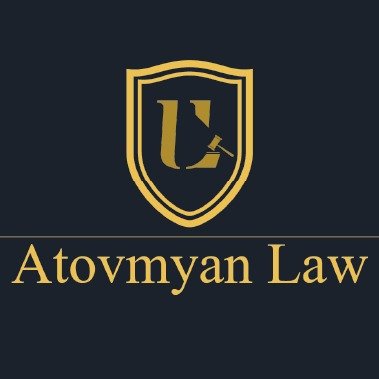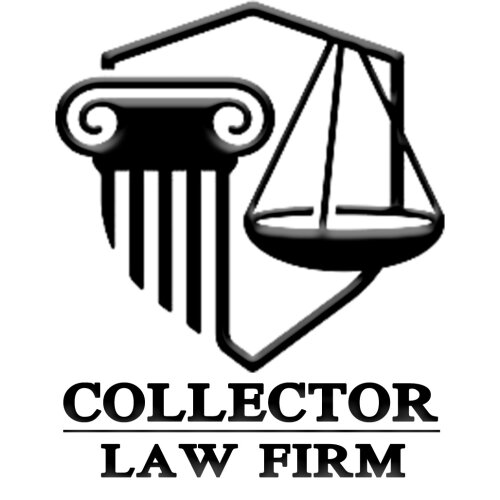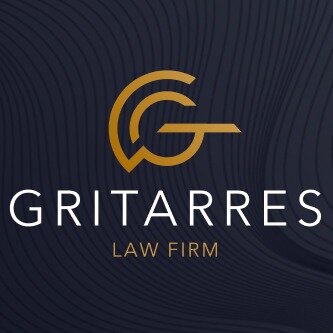Best Faith-Based Law Lawyers in Armenia
Share your needs with us, get contacted by law firms.
Free. Takes 2 min.
Or refine your search by selecting a city:
List of the best lawyers in Armenia
About Faith-Based Law in Armenia
Faith-Based Law in Armenia interconnects religious traditions with the nation's legal framework. This type of law is primarily concerned with issues that arise within religious communities and how these issues are addressed in accordance with both spiritual doctrines and national legislation. Given Armenia's rich Christian heritage as one of the first nations to adopt Christianity as a state religion, Faith-Based Law often involves considerations of this historical context, as well as interactions between government and church authorities.
Why You May Need a Lawyer
There are several situations where individuals may seek legal assistance in the field of Faith-Based Law in Armenia. Common instances include disputes over religious property, conflicts regarding religious rituals, issues of religious freedom, or the legal establishment of religious organizations. Additionally, interfaith marriages and inheritances involving specific religious doctrines may necessitate expert legal guidance. Legal professionals can also assist religious entities in navigating laws regulating non-profit status and tax exemptions.
Local Laws Overview
In Armenia, Faith-Based Law is deeply influenced by constitutional guarantees of freedom of religion and conscience. The Armenian Apostolic Church holds a unique religious status, which bears on certain legislative processes and relationships with the state. Laws pertaining to the registration and operation of religious organizations, as well as those concerning religious education and symbols in public spaces, are examples of localized legal frameworks that intersect with faith-based considerations. Armenia also has regulations safeguarding minority religious groups against discrimination.
Frequently Asked Questions
What is the legal status of the Armenian Apostolic Church?
The Armenian Apostolic Church is recognized as the national church and has special privileges and responsibilities under Armenian law, including involvement in cultural and educational matters.
How are religious organizations registered in Armenia?
Religious organizations must apply to the State Registry of Legal Entities. They require a minimum membership and fulfillment of specific criteria relating to doctrine, governance structures, and public activity.
Are there any legal restrictions on religious freedom in Armenia?
While Armenia guarantees religious freedom, there are restrictions in place to ensure public order and to protect the rights of others. Proselytism is a sensitive area and subject to regulation.
Can faith-based teachings be included in public education?
Faith-based teachings may be included in public education settings, particularly relating to the cultural significance of the Armenian Apostolic Church, although their inclusion is carefully regulated.
How can disputes involving religious properties be resolved?
Disputes over religious properties often require legal intervention, especially where historical claims or restitution matters are involved, necessitating a thorough understanding of both civil and ecclesial law.
What is the process for challenging religious discrimination?
Individuals or groups facing religious discrimination can file a complaint with appropriate governmental bodies, and may seek legal assistance to pursue claims through the court system.
How does one start a religious charity in Armenia?
Starting a religious charity involves registering with the State Registry of Legal Entities, ensuring compliance with laws governing charitable activities, and possibly obtaining approvals from religious authorities if affiliated with a recognized faith.
What legal issues might arise from interfaith marriages?
Legal issues in interfaith marriages can include matters of rites, recognition by different religious authorities, and adherence to family law, especially regarding children and inheritance.
Are there special tax considerations for religious organizations?
Yes, religious organizations may be granted tax-exempt status and other fiscal privileges, but these necessitate compliance with certain administrative and operational requirements.
How does Armenian law protect religious minorities?
Armenian law protects religious minorities through constitutional rights and anti-discrimination laws. The state endeavors to ensure these groups can exercise their religious beliefs freely.
Additional Resources
Several resources can be valuable for those needing legal advice in Faith-Based Law:
- Armenian Ministry of Justice: Offers guidance and regulations on religious organizations.
- The Office of the Human Rights Defender of Armenia: Provides support for issues related to religious freedoms and minority rights.
- Local Chambers of Advocates: Can help connect individuals with lawyers specializing in religious and faith-based legal matters.
Next Steps
If you need legal assistance in Faith-Based Law, consider taking the following steps:
- Identify the specific legal issue or area of concern related to faith-based law.
- Consult a qualified lawyer who specializes in Faith-Based Law in Armenia for personalized guidance.
- Contact relevant government agencies to understand specific regulations and procedures affecting your situation.
- Engage with community or faith-based organizations that may offer insights or support.
- Ensure all documentation relevant to your case is organized and accessible to streamline consultations with your legal advisor.
Lawzana helps you find the best lawyers and law firms in Armenia through a curated and pre-screened list of qualified legal professionals. Our platform offers rankings and detailed profiles of attorneys and law firms, allowing you to compare based on practice areas, including Faith-Based Law, experience, and client feedback.
Each profile includes a description of the firm's areas of practice, client reviews, team members and partners, year of establishment, spoken languages, office locations, contact information, social media presence, and any published articles or resources. Most firms on our platform speak English and are experienced in both local and international legal matters.
Get a quote from top-rated law firms in Armenia — quickly, securely, and without unnecessary hassle.
Disclaimer:
The information provided on this page is for general informational purposes only and does not constitute legal advice. While we strive to ensure the accuracy and relevance of the content, legal information may change over time, and interpretations of the law can vary. You should always consult with a qualified legal professional for advice specific to your situation.
We disclaim all liability for actions taken or not taken based on the content of this page. If you believe any information is incorrect or outdated, please contact us, and we will review and update it where appropriate.
Browse faith-based law law firms by city in Armenia
Refine your search by selecting a city.














